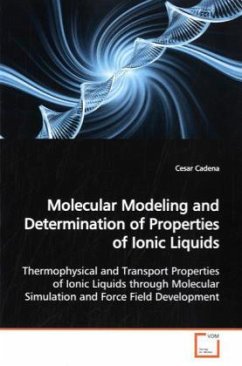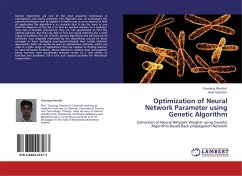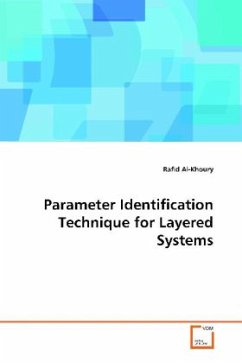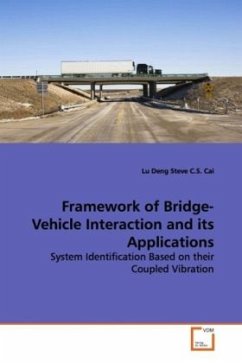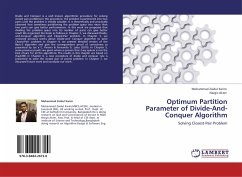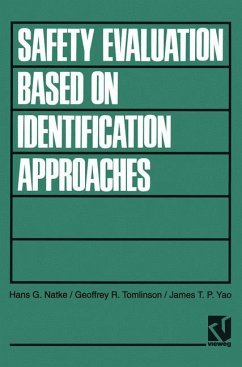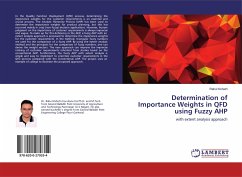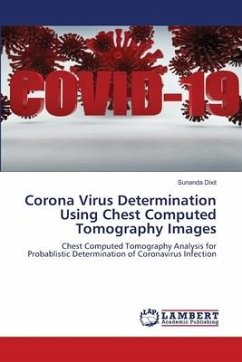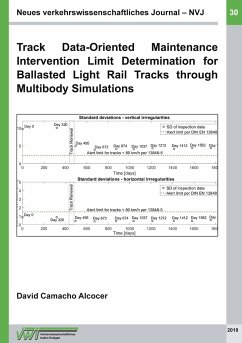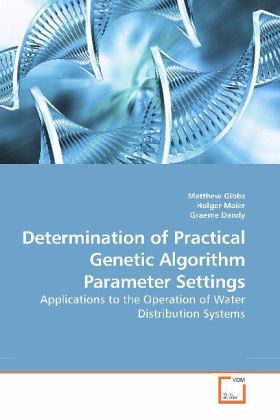
Determination of Practical Genetic Algorithm Parameter Settings
Applications to the Operation of Water Distribution Systems
Versandkostenfrei!
Versandfertig in 6-10 Tagen
52,99 €
inkl. MwSt.

PAYBACK Punkte
26 °P sammeln!
While there has been extensive research demonstrating the potential of Genetic Algorithms (GA) in a variety of practical applications, the method has not been widely adopted in practice. A significant factor in this lack of uptake is the difficulty in determining appropriate parameter settings to ensure suitable solutions are found. Generally, the most suitable GA parameters must be found for each optimisation problem, and therefore it is expected that the best parameter values would be related to the characteristics of the fitness function. This book suggests two approaches for setting GA par...
While there has been extensive research demonstrating the potential of Genetic Algorithms (GA) in a variety of practical applications, the method has not been widely adopted in practice. A significant factor in this lack of uptake is the difficulty in determining appropriate parameter settings to ensure suitable solutions are found. Generally, the most suitable GA parameters must be found for each optimisation problem, and therefore it is expected that the best parameter values would be related to the characteristics of the fitness function. This book suggests two approaches for setting GA parameter values. The first is a simple method based on population convergence due to genetic drift only, while the second considers convergence of the population due to selection pressure, taking into account the characteristics of the fitness function. The resulting calibration approaches are generic, and can be applied to any function with continuous decision variables. The two approaches for determining GA parameter settings are applied to two water distribution system case studies to demonstrate their ability to find near-optimal solutions without the need for calibration of GA parameters.



